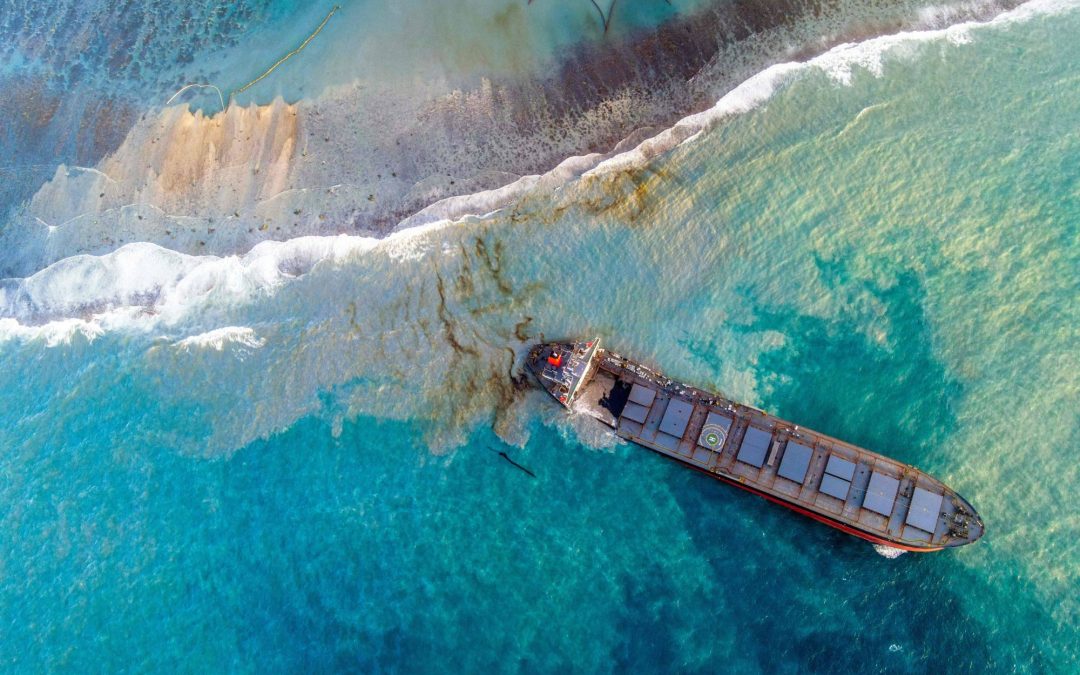Dalian iron ore futures extended declines on Tuesday, as traders remained cautious onshrinking steel margins and lack of any clear signsof improved downstream demand despite a raft of stimulus steps introduced over the weekend to revive sentiment.
The most-traded January iron ore on China’s Dalian Commodity Exchange (DCE) ended daytime trading 1.04% lower at 810.5 yuan ($111.22) a metric ton.
The continued weakness came after “expectations the support measures wouldn’t produce meaningful growth in demand and instead, the fragile finances of the steel sector are likely to limit its ability to pick up activity,” ANZ analysts said.
Investors are losing patience with what they see as incoherent and slow measures by China to revive its sputtering economy and defuse a deepening property crisis.
The shrinking steel margins also acted as a headwind for raw materials consumption, including iron ore.
Chinese steelmakers suffered severe losses over January-July with industrial profits slumping 90.5% on the year, data from the National Bureau of Statistics showed.
The benchmark September iron ore on the Singapore Exchange was, however, 0.29% higher at $112.6 a ton, as of 0715 GMT.
Other steelmaking ingredients also posted losses, with coking coal and coke on the DCE down 2.69% and 2.14%, respectively.
Most steel benchmarks on the Shanghai Futures Exchange were weaker. Rebar lost 0.41%, hot-rolled coil fell 0.98%, and stainless steel dipped 0.88%.
“The production control has not resulted in a sharp drop in steel output in the short term, while the downstream demand remains weak,” analysts at Sinosteel Futures said.
“The current situation in the property sector indicates that it’s hard to see a large improvement in demand.”
The broad weakness came as China halved stamp duty on stock trading effective Monday, the latest move to boost the struggling market.
Source: Hellenic Shipping News





